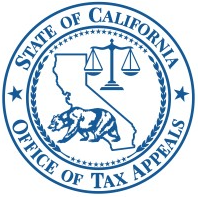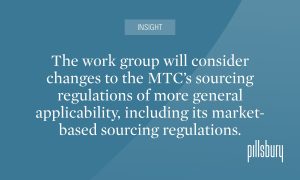After nearly a decade in development, the California Franchise Tax Board (FTB) has finalized its amended market-based sourcing regulation under Regulation Section 25136-2, which governs the sourcing of receipts from services and intangible property.
The regulation was approved by the Office of Administrative Law and filed with the Secretary of State on August 27, 2025. The revised rules will apply to tax years beginning on or after January 1, 2026. Among the most significant changes to the regulation are:
 SeeSALT Blog
SeeSALT Blog







 On March 1, 2023, a Florida trial court confirmed that costs of performance (COP) sourcing, not market-based sourcing, is Florida’s standard methodology for sourcing service receipts for apportionment purposes. In Billmatrix Corp. v. State of Florida, Department of Revenue, No. 2020-CA-000435 (Fla. 2d Cir. Ct. Mar. 1, 2023), the court strongly rebuked the Florida Department of Revenue for attempting to apply market-based sourcing in contravention of its own COP sourcing regulation.
On March 1, 2023, a Florida trial court confirmed that costs of performance (COP) sourcing, not market-based sourcing, is Florida’s standard methodology for sourcing service receipts for apportionment purposes. In Billmatrix Corp. v. State of Florida, Department of Revenue, No. 2020-CA-000435 (Fla. 2d Cir. Ct. Mar. 1, 2023), the court strongly rebuked the Florida Department of Revenue for attempting to apply market-based sourcing in contravention of its own COP sourcing regulation. 
